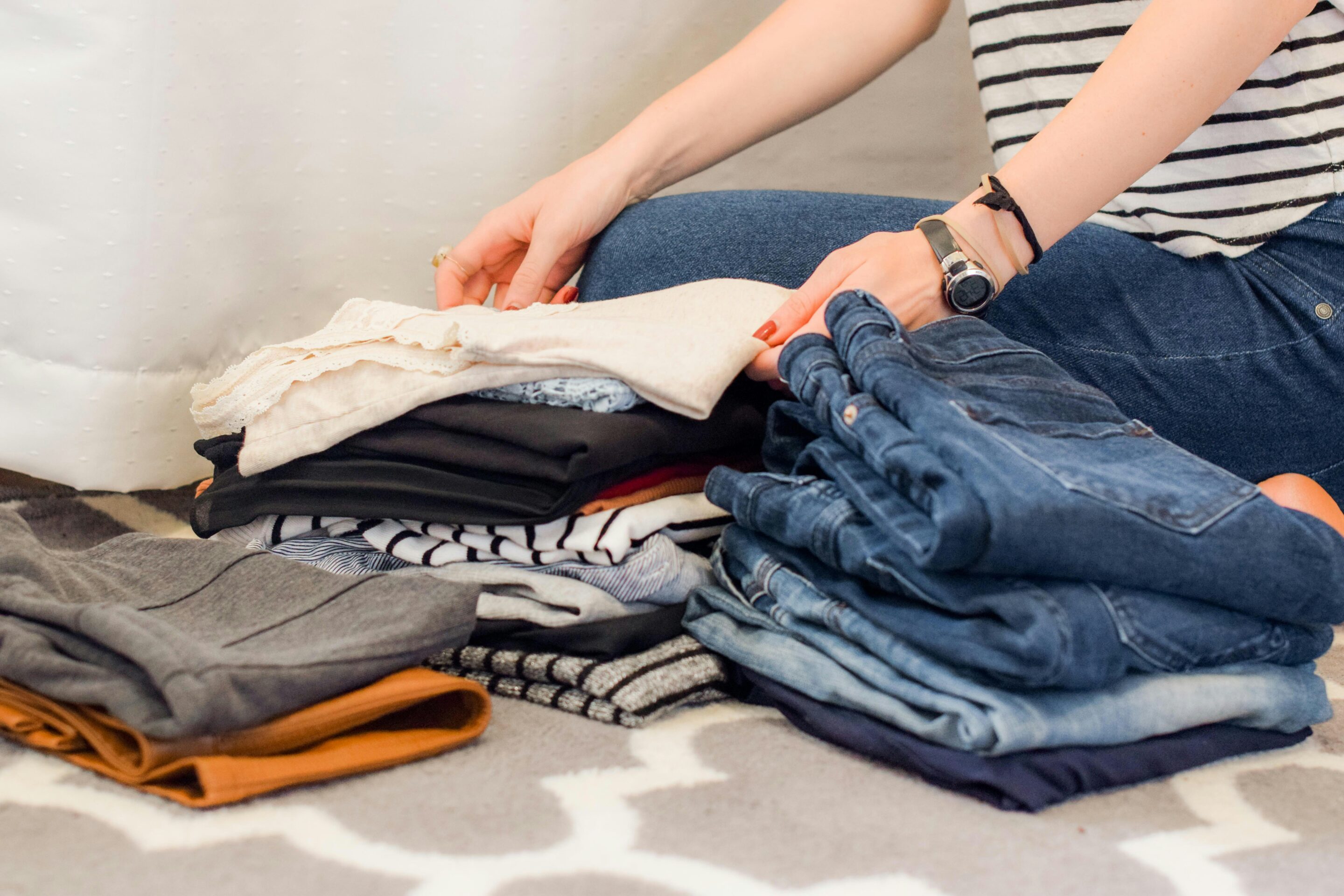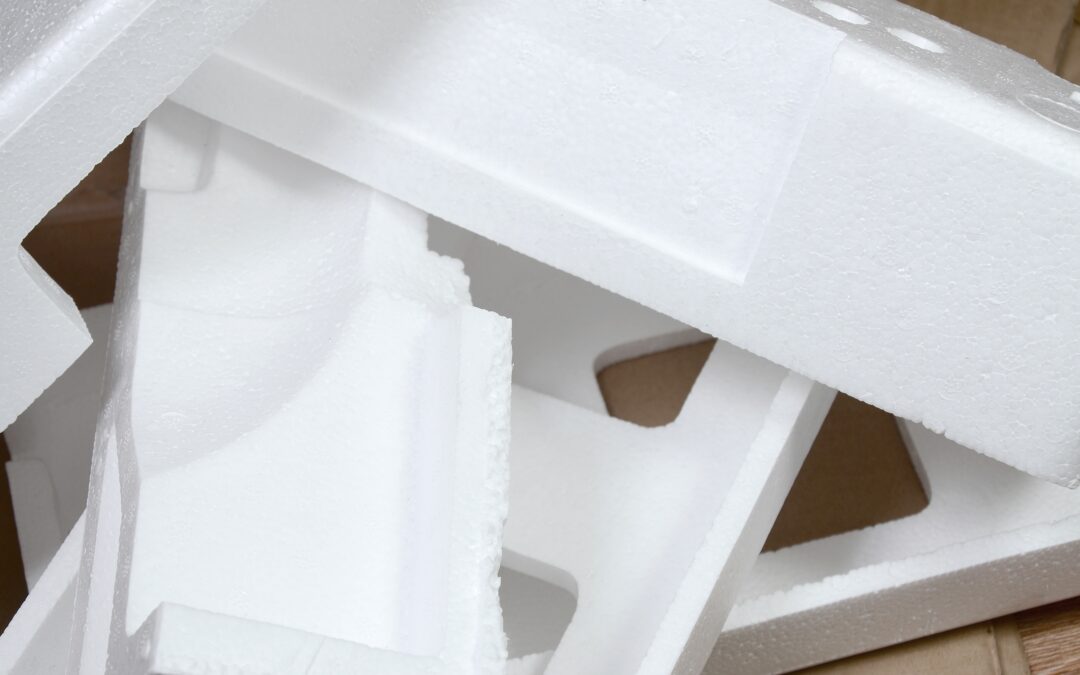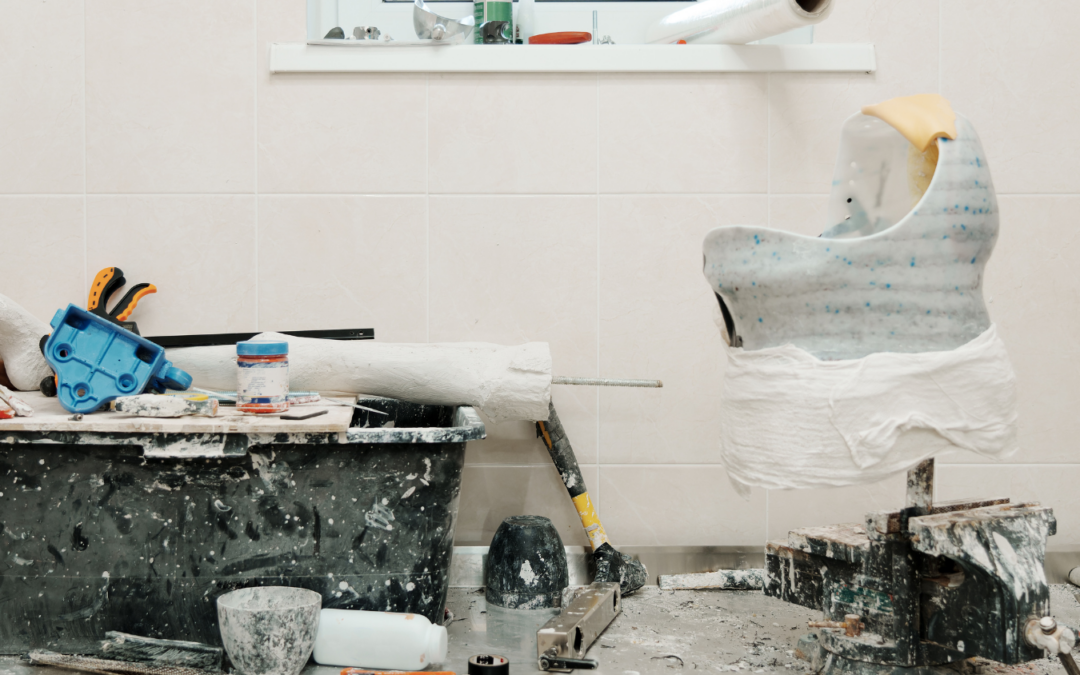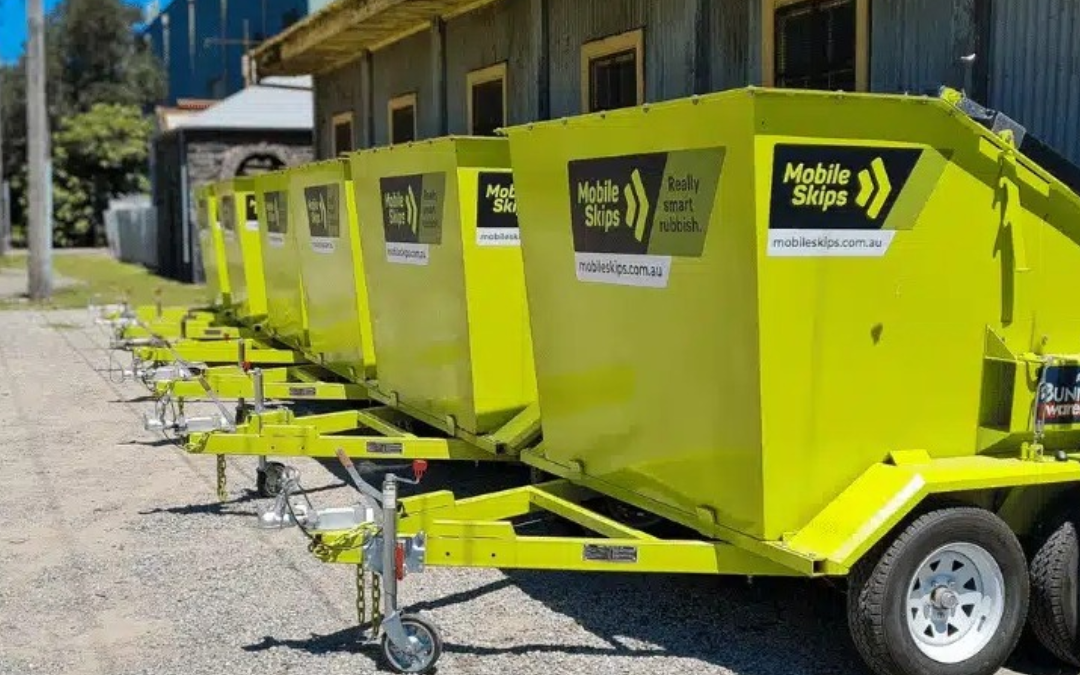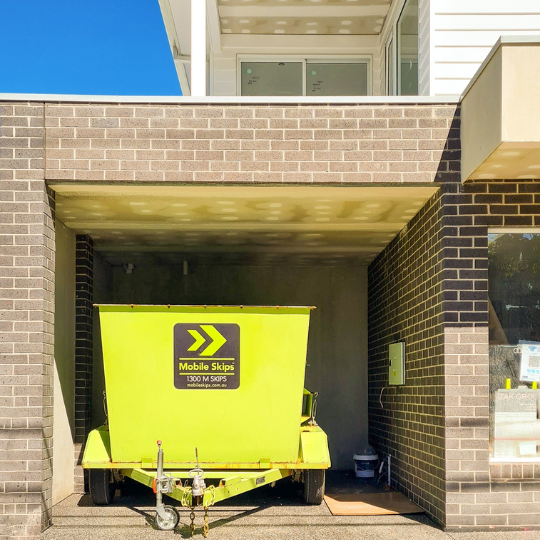Benefits of Decluttering
Decluttering your home isn’t just about tidying up; Decluttering and Donating can ripple out to positively affect your community and the environment.
Environmental Perks
When you start decluttering your home, you’re not just making your space cleaner. You’re also helping the planet. Recycling, donating, or repurposing your stuff means less junk in landfills.
Donating and recycling keep usable items out of landfills, reducing pollution and easing waste management issues. This not only cuts waste but also saves resources that would be used to make new things. Here’s how your decluttering can help the environment:
| Decluttering Action | Environmental Impact |
|---|---|
| Recycling | Less landfill waste |
| Donating | Items get reused |
| Repurposing | Saves natural resources |
Helping Charities
Decluttering can also do a lot of good for charities. When you donate your gently-used items, you’re not just freeing up space at home; you’re helping those in need. For example, Mobile Skips and the St Vincent de Paul Society (Vinnies) in Melbourne let you donate household goods in good condition, helping people who are less fortunate.
By giving away your stuff, you’re supporting a circular economy and connecting with your community. This generosity helps charities and empowers those who receive your donations. Consider donating to these organizations:
- Project B Green for a sustainable way to support local charities.
- Pickup Please, where your old clothes, bedding, kitchen appliances, shoes, and toys can become treasures for someone else.
Remember, decluttering isn’t just about your home. It can make a big difference for the environment and people’s lives.
Decluttering Strategies
When you start decluttering your home, it’s key to know that decluttering and organizing are two different things that work together to create a comfy living space. Let’s break down the differences and how you can keep your home clutter-free.
Organizing vs. Decluttering
People often mix up organizing and decluttering, but they aim for different results. Organizing is about arranging stuff so you can find and put it away easily. Decluttering, on the other hand, is about getting rid of things you don’t need.
According to Homes & Gardens, organizing without decluttering first is a common mistake. You might end up organizing stuff you don’t need, leading to endless reorganization. But if you declutter first, you might not need complicated organizing solutions because you’ll have less stuff to manage.
To make things easier, start by decluttering before organizing. Here’s how:
- Sort your stuff into categories.
- Decide what you need and what you can live without.
- Get rid of, donate, or sell the items you don’t need.
- Arrange the remaining items neatly.
For more tips, check out our decluttering and organizing section.
Maintenance and Systems
Decluttering isn’t a one-time thing; it’s an ongoing process. You need to keep at it to stop clutter from building up again. The trick is to build systems into your daily routine to manage common clutter sources like mail, school papers, and groceries.
Here are a few systems you could try:
- Have a spot for incoming mail and sort through it daily.
- Create a place for school papers and decide weekly what to keep or toss.
- Set up a routine for checking and organizing groceries so nothing gets lost in the pantry.
The goal is to make decluttering a habit. For more tips on creating these habits, explore our decluttering tips for beginners and see how you can apply similar principles to decluttering and downsizing for a more manageable space.
By knowing the difference between organizing and decluttering and setting up systems for regular maintenance, you can keep your home feeling spacious and peaceful.
Donating for a Purpose
Clearing out your home isn’t just about making space; it’s about making a difference. When you donate your stuff, you’re doing more than just getting rid of clutter. You’re helping the planet and your community. Let’s see how your donations can make a big impact.
Boosting a Circular Economy
Donating your old things helps create a circular economy. This means reusing and recycling stuff instead of just throwing it away. By giving your items a second life, you help cut down on waste and keep useful things out of landfills. This is good for the environment and helps build a sustainable future.
Here’s how donating helps:
| Benefit | Description |
|---|---|
| Less Waste | Keeps useful items out of the trash |
| Saves Resources | Cuts down on the need for new materials |
| Reduces Pollution | Lowers the impact of making and dumping stuff |
Bringing People Together
Donating isn’t just good for the Earth; it’s great for people too. When you give to groups like Vinnies, you’re helping over 1.3 million Australians in need every year. The money made from selling your donated items goes back into the community, funding programs that provide support and relief.
And when you work with organizations like Project B Green, you’re supporting local charities. Your donations help reuse items, making decluttering more sustainable and giving a hand to those who need it most.
Here’s how your donations help the community:
| Impact | Description |
|---|---|
| Supports Charities | Funds local programs and services |
| Helps People in Need | Provides affordable items |
| Builds Community | Encourages sharing and caring |
Source: Project B Green
So, when you’re decluttering and donating, you’re not just tidying up your space; you’re making a real difference. For more tips on how to declutter, check out our home decluttering tips and see how you can help others while simplifying your life.
Decluttering for Mental Well-being
Decluttering your home isn’t just about tidying up. It’s a game-changer for your mental health, cutting stress and boosting happiness. Let’s see how clearing out your space can clear your mind too.
Stress Reduction
A messy home can feel like chaos. Stuff everywhere, drawers that won’t close, closets bursting at the seams—it all adds up to stress.
Starting the decluttering process is like hitting the reset button. Each clean surface and organized drawer is a little victory, a visual cue that life is manageable. This sense of order can calm your mind. As Becoming Minimalist puts it, a clutter-free space can bring peace to your everyday life.
Increased Happiness
At first, decluttering might freak you out—letting go of stuff can feel like losing something. But soon, you’ll start to appreciate the things you keep even more. Homes & Gardens says that focusing on your favorite items can make you feel grateful and rich.
Decluttering isn’t just about stuff. It makes you rethink your commitments, relationships, and shopping habits. Simplifying your life gives you room for what really matters, making life more meaningful (Homes & Gardens).
The joy of “a place for everything and everything in its place” is real. It makes your daily routine smoother and keeps your space clutter-free. Putting things back where they belong can give you a sense of control and accomplishment (Pickup Please).
Practical Tips for Decluttering
Decluttering your home can feel like a huge task, but with the right approach, it can be a rewarding process that clears your space and your mind. Ready to get started? Here are some practical tips to help you dive in and make the process as smooth as possible.
Start Small
When you begin decluttering, don’t overwhelm yourself. Focus on one small area at a time—a single countertop, a drawer, or a corner of a room. This way, you can create quick wins, making the task feel more manageable and giving you a sense of accomplishment early on. Here’s a simple way to break it down:
- Pick an easy starting point, like your bedside table or a shelf in your living room.
- Clear the chosen area completely, giving yourself a blank canvas.
- Go through each item you’ve removed and decide if it’s something you need, use regularly, or holds sentimental value.
- Once you’ve sorted through the items, put back only those you’ve decided to keep, in an organized way.
Basic Steps
The decluttering process can be boiled down to a few basic steps that apply to any area of your home, whether you’re tackling drawers, shelves, countertops, or closets. Here’s a step-by-step guide:
-
Sort: Start by grouping your items based on their purpose or the room they belong in.
-
Eliminate: Get rid of items that no longer serve you, are duplicates, or are broken. Be honest with yourself about what you really need and use.
-
Organize: Arrange the items you’re keeping in a way that makes sense for your daily life. The goal is to have a functional and accessible system.
-
Maintain: Keep up with your decluttered space by regularly assessing and reorganizing as needed. This helps prevent clutter from creeping back in.
Remember, organizing is more crucial than decluttering; without thoughtful organization, you might end up holding onto unnecessary items, leading to a cycle of reorganization (Homes & Gardens).
Decluttering is a personal journey, and what works for one person may not suit another. However, by following these basic steps and embracing the process, you can create a home that feels more spacious and peaceful.
Remember, decluttering is not just about getting rid of stuff; it’s about making room for what truly matters.
Personal Benefits of Decluttering
Clearing out your space isn’t just about making room in your home; it can also bring some pretty sweet personal perks. Let’s see how decluttering can boost your finances and help you focus on what you love.
Financial Freedom
When you declutter, you’re not just tossing out junk; you’re setting yourself up for better financial health. By cutting down on the urge to buy more stuff, you can save money and reduce debt. This means more cash in your pocket for those rainy days (Becoming Minimalist).
Plus, selling your unwanted items can turn clutter into cash. While donating might not directly pad your wallet, it can offer tax benefits, making your generosity pay off come tax season (The Simplicity Habit).
Here’s a quick look at how decluttering can impact your finances:
| Activity | Financial Impact |
|---|---|
| Avoiding Impulse Buys | More Savings |
| Selling Clutter | Extra Cash |
| Donating (Potential Tax Deduction) | Long-term Financial Gain |
By embracing decluttering and minimalism, you’re not just tidying up but also setting the stage for a more secure financial future.
Focus on Passions
Decluttering can be a game-changer, freeing up your time and energy for what truly matters. As you clear out the excess, you’ll find more time for hobbies and interests. Without the distraction of clutter, you can dive into activities that bring you joy (Becoming Minimalist).
This newfound focus can boost your happiness. With less to clean and organize, you’re free to chase your dreams and create a life that reflects your values. Whether it’s painting, writing, gardening, or any other passion, decluttering gives you the space to pursue these endeavors.
If you’re looking to dive deeper, explore our guides on minimalist home decluttering and how decluttering and mindfulness can work together to enhance your well-being.
Remember, decluttering isn’t just about getting rid of stuff; it’s about reclaiming your life and focusing on what makes you happiest.
Keep Your Space Clutter-Free: A Lifelong Journey
Keeping your home clutter-free isn’t a one-time event; it’s a continuous effort. With a few smart strategies, you can keep your space tidy and peaceful.
Regular Check-Ins
Staying on top of clutter means regularly checking in on your space. Set aside time every month or week to review different areas of your home. Ask yourself:
- Have I used this in the past year?
- Does this item make me happy or serve a purpose?
- Could someone else benefit from this more than I do?
Building Good Habits
To keep clutter from creeping back, you need habits that make decluttering part of your daily life. Create systems for managing everyday items like mail, school papers, and groceries. Here are some habits that can help:
- One In, One Out: For every new item you bring in, get rid of one.
- Daily Tidy-Up: Spend 10 minutes each day tidying a space or category of items.
- Think Before You Buy: Consider if you really need something and where you’ll store it before making a purchase.
Making decluttering a daily habit makes it less overwhelming. Remember, organizing without decluttering is just moving stuff around.
By sticking to these practices, you can enjoy a clutter-free home, which can reduce stress and boost your productivity and well-being.

